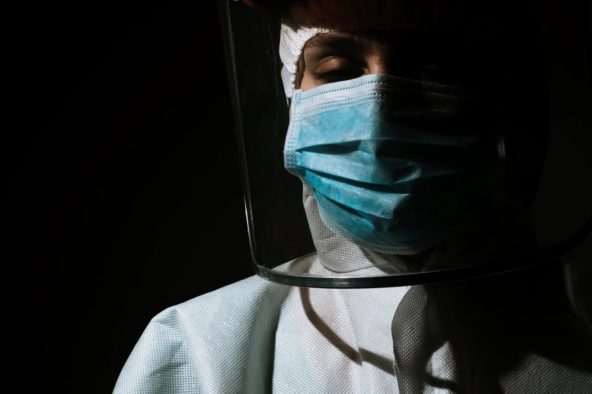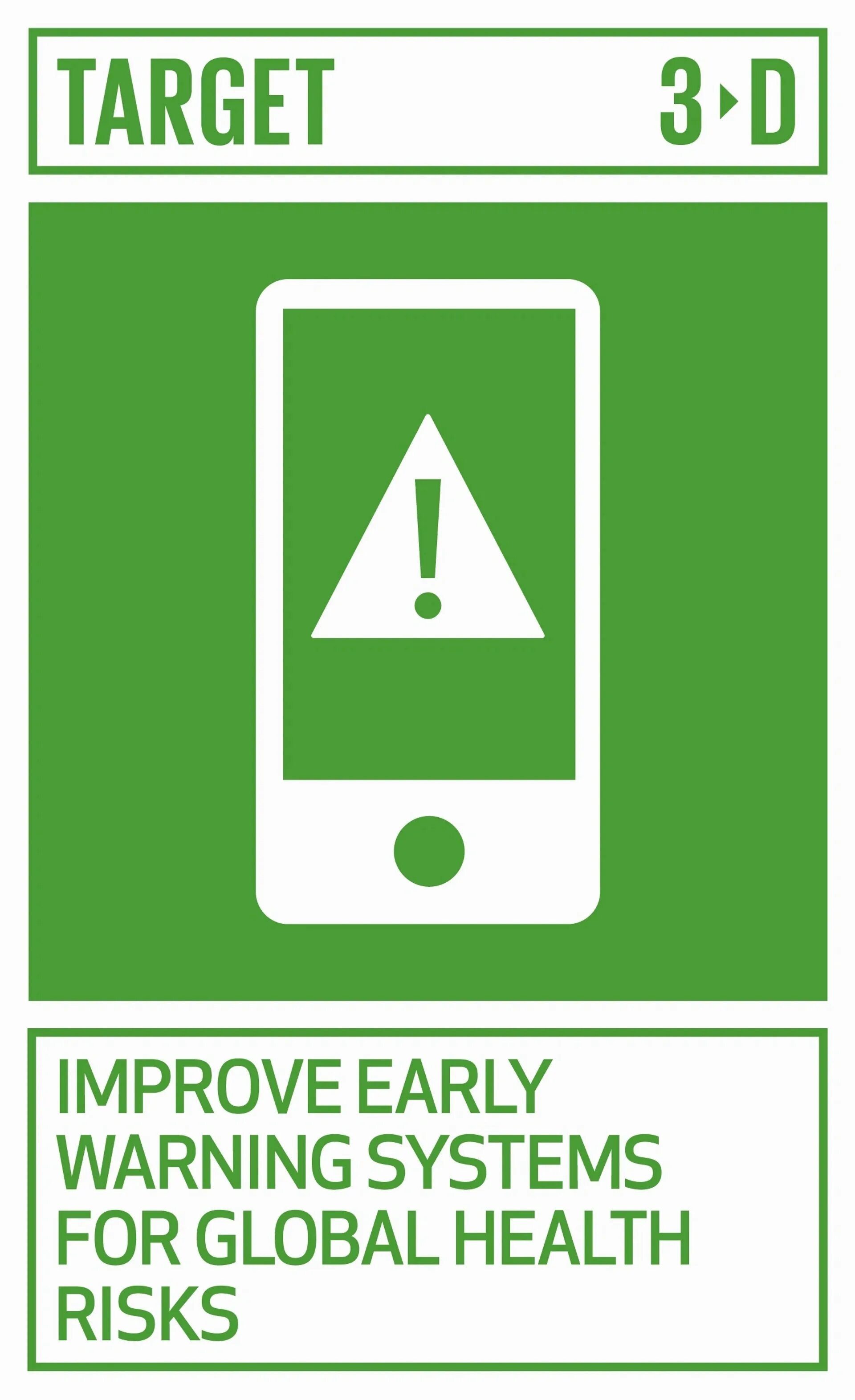In the management of national and global health risks, the UK makes a leading contribution. DFID’s 2015 framework for addressing global health threats – developed following the West Africa Ebola pandemic – has £631 million allocated to it for the period 2016-20. DFID and DHSC developed a ‘relevant and proportionate set of centrally managed programmes to strengthen their response to global health threats’ in the years following the Ebola crisis. The flagship initiatives profiled in the portfolio analysis under target 3.B all play a vital role in raising the profile and overall volume of funding dedicated to preventing and responding to future disease outbreaks and to antimicrobial resistance. Contributions range from investments in the development of new products, to research into effective delivery mechanisms to tackle epidemics, to support to surveillance and data to address antimicrobial resistance (AMR).
The UK’s contribution to addressing AMR does not stop there, with further investments made in operational research capacity on the spread and impact of AMR, and research into AMR’s drivers. In terms of broader disease-response focused grants, the Tackling Deadly Diseases in Africa (£155.3 million) programme sets out to reduce the impact of disease outbreaks and epidemics through supporting WHO Africa Office reform and its Health Emergencies Programme, while the UK is also responding to the current Ebola outbreak in DRC (£85 million). In addition, the Department of Health and Social Care (DHSC) funds the International Health Regulations Strengthening Project (£18.97 million) supporting WHO to fulfil its leadership role in implementing the IHR.
An ICAI report investigating the UK aid response to global health threats found that the UK had indeed ‘made good progress in developing a coherent framework for addressing global health threats following the Ebola crisis, as well as rapidly establishing a relevant portfolio of programmes and influencing activities’. It also found the UK’s efforts were effective at filling gaps at the global level. However, the ICAI investigation identified that as in other areas, comprehensive health systems need more emphasis, and there is a risk that health system interventions are reduced to disease surveillance strengthening or other narrow approaches, which must be avoided. In light of COVID-19 and its impact on health systems around the globe, this learning is particularly noteworthy. It is also clear that despite commendable efforts from the UK Government and across other countries, these have been insufficient to prepare for a global health crisis of this magnitude. ICAI also found that global health security programmes needed longer timeframes to be most impactful.


